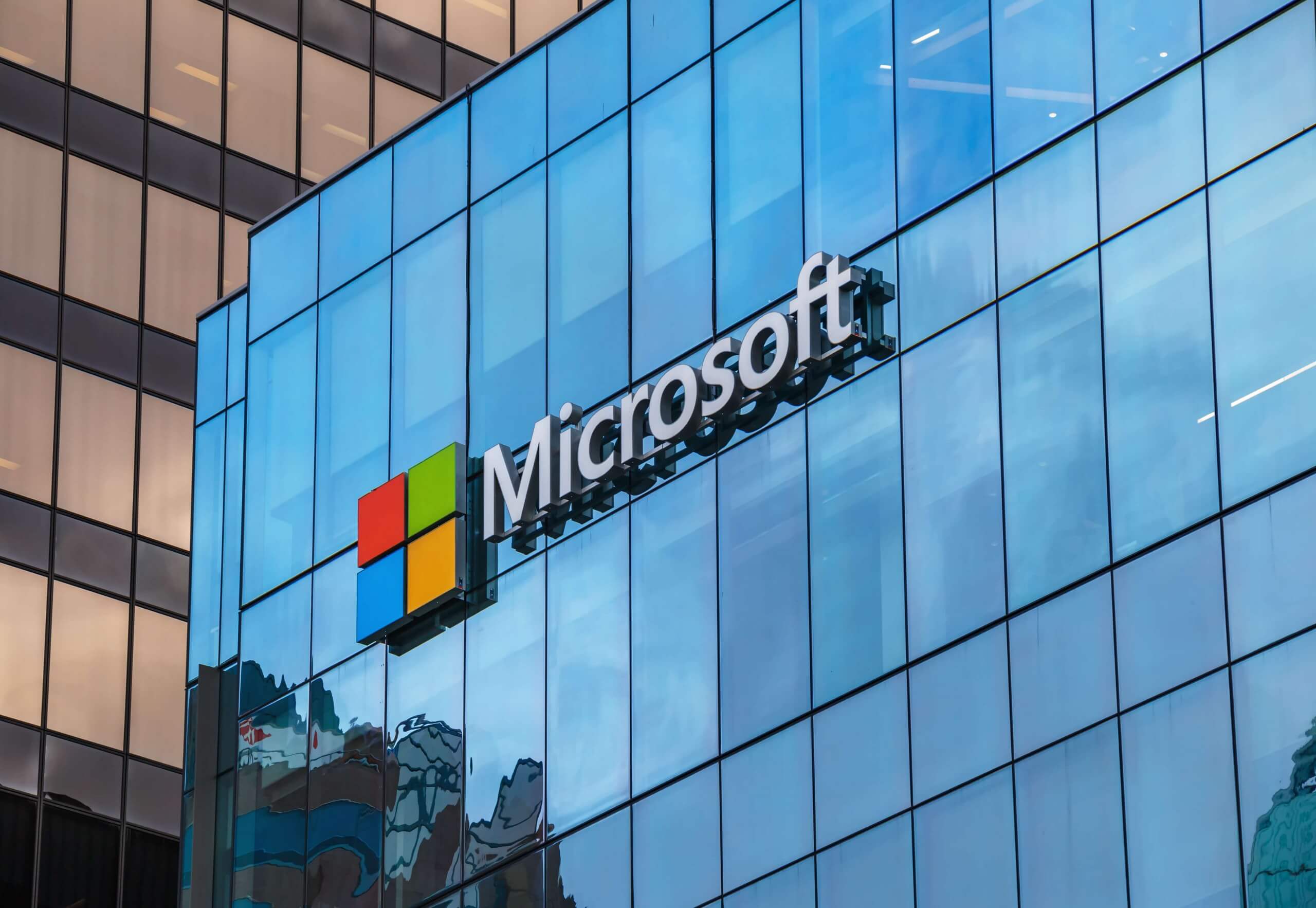Why it matters: The US Department of Justice announced Monday that Microsoft has agreed to a $26 million settlement over violations of the Foreign Corrupt Practices Act. Employees at Microsoft Hungary were inflating prices of discounted software to fund a bribery scheme.
As the Wall Street Journal noted last August, between 2013 and 2015, upper-level employees at Microsoft's Hungary branch sold local resellers software at a discount which was then sold to the government at nearly full price. The excess money was used in turn to bribe government officials to drum up more business.
"Microsoft's wholly-owned subsidiary in Hungary provided payments intended for foreign government officials in order to obtain business for Microsoft," said a US Securities and Exchange Commission cease and desist order.
For example, in 2014, employees at MS Hungary were granted a 28-percent discount on software to be sold to the Hungarian National Tax and Customs Administration. The outlet handling the sale did not pass along the price reduction.
The SEC says that the bribes lead to $13.78 million in additional sales for Microsoft. The settlement agreement stipulates that Microsoft will pay that amount as penalty, plus another $2.78 million in interest. The Hungarian branch has additionally settled to fork over $8.75 million to the Department of Justice. Four Microsoft employees behind the scheme have been fired, and the company has also cut ties with the four retailers that were involved.
"Although Microsoft Hungary did not voluntarily self-disclose the misconduct, Microsoft Hungary received credit for its and Microsoft Corporation's substantial cooperation with the Department's investigation and for taking extensive remedial measures," said the DoJ press release.
"Microsoft Corporation has agreed to pay a criminal penalty of more than $8.7 million arising out of a bid rigging and bribery scheme in connection with the sale of Microsoft software licenses to Hungarian government agencies."
Microsoft's President and Chief Legal Officer Brad Smith said the "employee misconduct was completely unacceptable ... and wholly unethical."
Redmond cooperated fully with the investigation, and determined that it did not have "sufficient procedures in place to determine whether the discount requests were legitimate and whether the approved discounts were being passed on to end customers."
The SEC indicated that it had found other inconsistencies involving subpar auditing controls in Saudi Arabia, Turkey, and Thailand. For example, lack of proper monitoring led to the creation of a $400,000 "slush fund" in Saudi Arabia "used to pay travel expenses for Saudi government employees and for gifts, furniture, laptops, tablets and other equipment for government agencies."
It is unknown if these probes are ongoing. Microsoft spokesman Dominic Carr told The Washington Post, "It's not appropriate for us to speak on behalf of the government about the status or existence of any inquiries."
The $26 million fine amounts to not much more than a slap on the wrist for the software titan with a market capitalization of over a trillion dollars. Just last month Walmart was slapped with a $282 million fine for similar charges. However, in that case, executives in the company were aware of the schemes but did nothing about them.
Image credit: Volodymyr Kyrylyuk via Shutterstock
